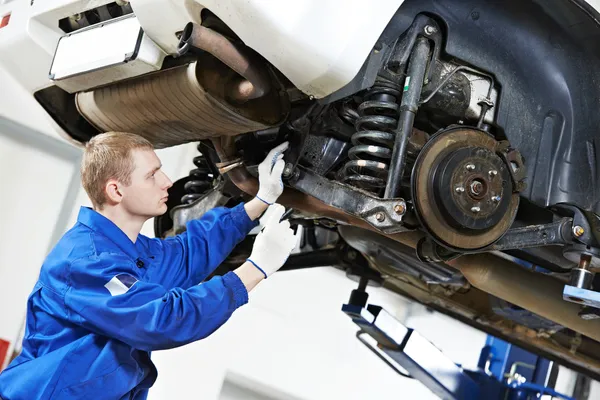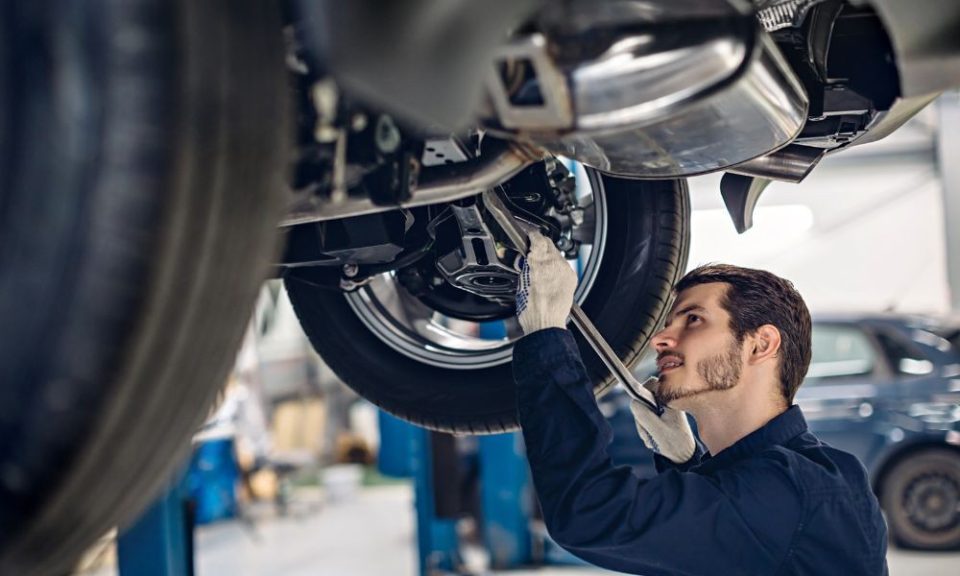The maintenance of a service fleet is crucial for ensuring productivity and enhancing operational efficiency. To guarantee that diesel vehicles perform admirably, provide comfort, and uphold safety standards on the road, the suspension system plays a crucial role. The deterioration of suspension components can lead to hazardous driving conditions and a decline in vehicle performance. By identifying suspension issues at an early stage, fleet managers can effectively mitigate costly repairs and minimize downtime. Here are several unmistakable signs that the suspension of your service fleet requires immediate attention and repair.
Disparity in Tire Wear
Irregular tire wear serves as a prominent indicator of potential suspension problems. Well-designed suspension systems ensure that tires maintain consistent contact with the road, effectively distributing the vehicle’s weight in a balanced manner. Tires exhibiting uneven wear patterns or showing signs of deterioration on one side may indicate issues such as misalignment or the need for replacement of worn shocks or struts. The prompt addressing of these issues not only extends the lifespan of tires but also enhances fuel efficiency, ultimately leading to significant financial savings. Going for the European Auto Repair in Spring City, PA based service is most essential here.
Insufficient Regulation and Response to Direction

In the course of operations, a service vehicle is required to deliver reliable handling and responsiveness. According to drivers, a compromised suspension system could be responsible for challenges in steering, pronounced swaying, or a tendency for the diesel vehicle to veer to one side. Improper management can intensify driving risks and increase the likelihood of accidents. Upon the emergence of these symptoms, it is imperative for fleet managers to heed the insights of their drivers and arrange for a thorough inspection of the suspension system with a qualified technician.
Excessive oscillation or abrupt descent
Noticeable oscillations when navigating uneven surfaces or depressions serve as a clear sign of potential suspension problems. Should the vehicle exhibit a bouncing motion upon impact with any surface, it may indicate that the struts or shock absorbers are not functioning as intended. In a similar vein, when braking occurs, a significant drop in the front end of the vehicle may suggest that the suspension system is insufficiently managing the car’s weight. Prompt repairs are essential, as these concerns can progressively worsen and lead to increased wear on the vehicle’s components.
Prolonged Duration of Halting
The performance of suspension systems is crucial for achieving optimal braking efficiency and ensuring comprehensive control of the vehicle. Issues with suspension may be the underlying reason when drivers express concerns regarding the effectiveness of braking or when vehicles in your service fleet are experiencing increased stopping distances. The dynamics of weight transfer during braking can be adversely affected by a compromised suspension system, potentially leading to extended stopping distances and associated safety risks. To ensure that each component functions at its utmost efficiency, it is essential to conduct regular inspections of the brake and suspension systems.

